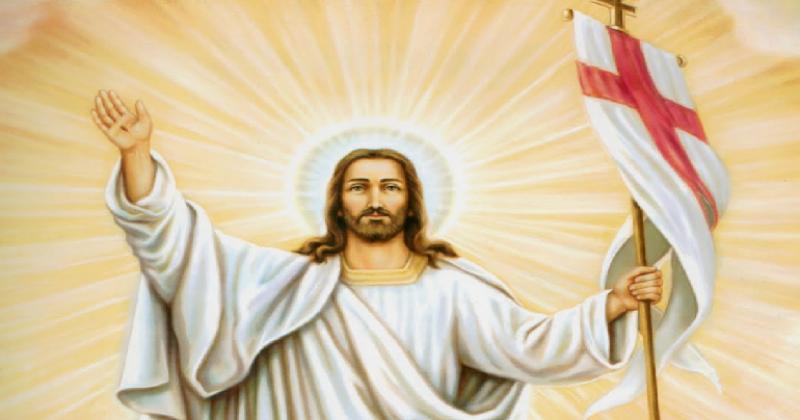As we celebrate the great feast of the Holy Family, today’s first reading reflects the great importance of the Fourth Commandment: “Honor your father and mother, that your days may be long in the land which the Lord your God gives you.” The reading from Sirach, like the commandment, gives a promise to those who faithfully observe the law — several promises, actually: atonement for sins, answered prayers, riches, children and a long life.
Clearly the family unit and the life and love that flow from it is something to be guarded, even as the years advance and the mind and body may fail. How contrary this is to our culture today! Age and infirmity are feared and seen as the ultimate inconvenience. As we move deeper into a culture of death, where the elderly become disposable and assisted suicide is seen as “mercy,” perhaps this reading begs a closer examination.
The second reading from Colossians describes what a household looks like when Christ is the center of the family: It is characterized by rightly ordered relationships, death to self, forgiveness, the fruits of the spirit. Absent is any grasping for authority, bitterness and provocation. When we allow Christ to reign in our homes, we are allowed to taste on earth the peace we will know fully in heaven.
The Gospel then reveals a real-life example of God’s plan for the family: the Holy Family, the small, intimate bond of Jesus, Mary and Joseph. Prominent — but, as always, silent — in the story is St. Joseph. Surely still marveling over the recent visit of the Magi, Joseph is suddenly told in a dream to depart at once to Egypt. He obeys without question, leaving that night to escape the murderous intentions of Herod. He is called in the Litany of St. Joseph “Diligent Protector of Christ” as well as “Joseph, Most Obedient.” He fulfills his role and his duty as “Head of the Holy Family” with a faith and humility that make him the “Terror of Demons.”
Once again, it is in a dream that God communicates through an angel to Joseph that he is to return with his family to Israel. Herod has died, but Joseph, always protective of the life he has been entrusted with, decides on the relative safety of Nazareth to fulfill the prophecy: “He shall be called a Nazarene.”
“The term ‘Nazarene’ signified contempt,” writes Fulton Sheen in Life of Christ. “The little village was off the main roads at the foot of the mountains; nestling in a cup of hills, it was out of reach of the merchants of Greece, the legions of Rome, and the journeys of the sophisticated. It is not mentioned in ancient geographies. … It would seem to be of little value and many would despise it, but it would ultimately have dominion over the earth.”
And in that little town, hidden from the world, the Savior of the World would grow and live and work and pray, and do so with humility, in the middle of a simple family, and with the most astounding obedience of all — the obedience of God.
